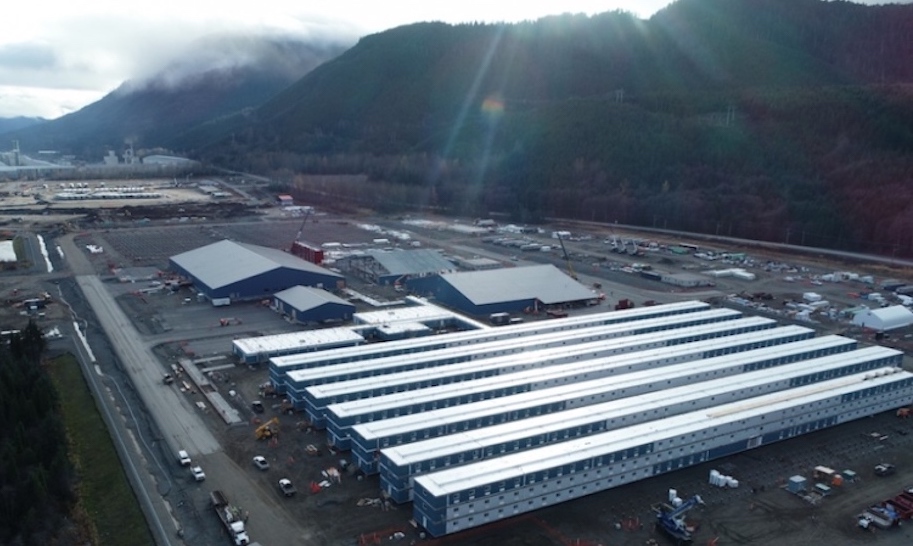Amid pressure from COVID-19 slowdowns and building shortfalls in energy construction in the last few years, Canadian contractor Stuart Olson, based in Calgary, is set to be acquired by larger domestic rival Bird Construction, headquartered in Mississauga, Ontario.
The deal between the two publicly held firms, both traded on the Toronto Exchange, is set to close in the fourth quarter.
It would create a major Canada contractor with a current combined workforce of about 5,000, total backlog of more than $2.25 billion, $750 million in joint pending backlog and close to $2 billion in estimated revenue—despite the "modest takeover price" of about $77.3 million, says Toronto-based analyst Maxim Sytchev with National Bank of Canada.
According to Sytchev, Olson has been "in a downward spiral" in recent years, pointing to the energy market gyrations and past acquisitions, but he says "client relationships and capabilities are complementary to Bird’s offerings."
“The combination ... will create a company with substantially increased breadth and scale, diversified across services, end-markets and geographies,” said Terrance L. McKibbon, Bird president and CEO, in a late July statement.
The purchase “renews opportunities for our people,” said a statement by David LeMay, president and CEO of Stuart Olson, whose next corporate position, whether within Bird or outside, was not disclosed.
In its second quarter results announced on Aug. 11, Bird reported $282 million (Can.) in revenue, exceeding analysts' projections by about $40 million, and adjusted EBITDA of about $12.3 million (Can.), up significantly than analysts' consensus of about $4.3 million (Can.), driven by growth in its higher-margin Industrial segment, said Sytchev.
Still, the deal has potential risks for Bird, says Sytchev, with "lots of heavy lifting on the horizon now.”
He notes that Stuart Olson's buildings division has had declining profits in recent quarters but says its Canem electrical business and industrial division have performed better. Total company revenue fell last year from its 2018 total.
But the firm reported "early renewal" of a seven-year $293-million contract in its industrial group with an unidentified "existing oil sands customer in Alberta" and a multi-year contract with a new power sector client for turnaround and maintenance services.
Sytchev remains bullish on Bird, maintaining his outperform rating on its stock and with a price target of $10 a share, noting that is “quite large for a stock trading at $6.70.” Bird’s management team also has a good track record in incorporating new assets acquired from other companies, he said.
"The company was impacted by temporary shutdowns in April and May; however, management is confident in its ability to respond to fluctuating situations in the near term," said the analyst. "The company has noted that the backlog and pending backlog have good margins that would make 2020 'considerably more profitable than recent years, despite decline in revenue year to year.' A growing proportion of industrial project revenue is expected to flow over 2020 while higher-risk contract types are expected to remain a smaller portion of revenue for the balance of the year, compared to 2019 same time period."
The acquisition has won approval from both companies’ boards of directors and is subject to regulatory approval, according to both firms.
Bird is the contractor for LNG Canada's Cedar Valley Lodge, a self-contained work village that will house up to 4,500 workers at the giant project's terminal site in British Columbia. According to its year-end results announcement, the firm reported about $1.01 billion in revenue last year, with its backlog up 19.4%
With a push to diversify, the firm said it won last year a subcontract on the Confederation Line Extension light rail project to construct seven transit stations and a maintenance and storage facility, plus "multiple contracts for services for an undisclosed amount" at an LNG project in Kitimat, B.C. that include a site civil works program and EPC management of sixteen administrative and service buildings.







Post a comment to this article
Report Abusive Comment